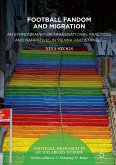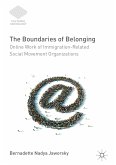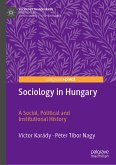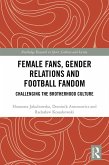Fan culture in Poland has long been based on a distinctively grassroots, spontaneous movements that ruled out any cooperation with local authorities and sports organizations. The activity of supporter groups has regularly failed to meet the principles set by official bodies, intentionally breaching the moral and legal standards of the day.
Based on data derived from ethnographic fieldwork, content analysis of fan journals, magazines, social media and online forums, as well as a wide range of qualitative interviews conducted over the years, the book analyses the ways in which fandom culture in Poland has evolved: from its moderate beginnings in the shadows of a communist regime in the 1970's, through the anomic, 'uncivilized' and pathological decade of the 1990's, to the peculiar culture based on strong cohesion, capabilities of social mobilization and emerging 'resistance identity' in the 21st century.
It thus provides a detailed analysis of Polish fandom's multi-dimensional structure, and will be of interest to students and academics interested in the growing field of football research, as well as those researching the transformation of Central and Eastern Europe, or more generally in European Studies.
Dieser Download kann aus rechtlichen Gründen nur mit Rechnungsadresse in A, B, BG, CY, CZ, D, DK, EW, E, FIN, F, GR, HR, H, IRL, I, LT, L, LR, M, NL, PL, P, R, S, SLO, SK ausgeliefert werden.









